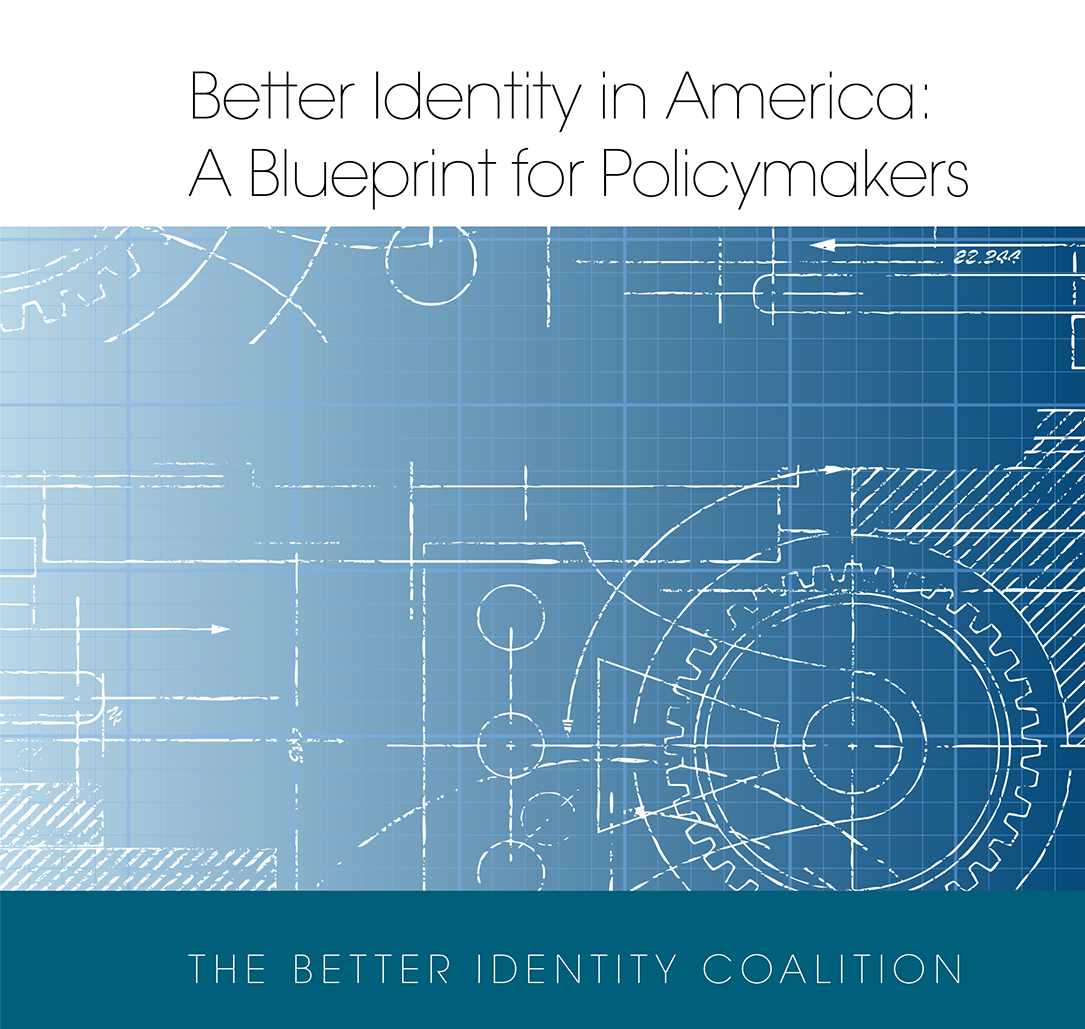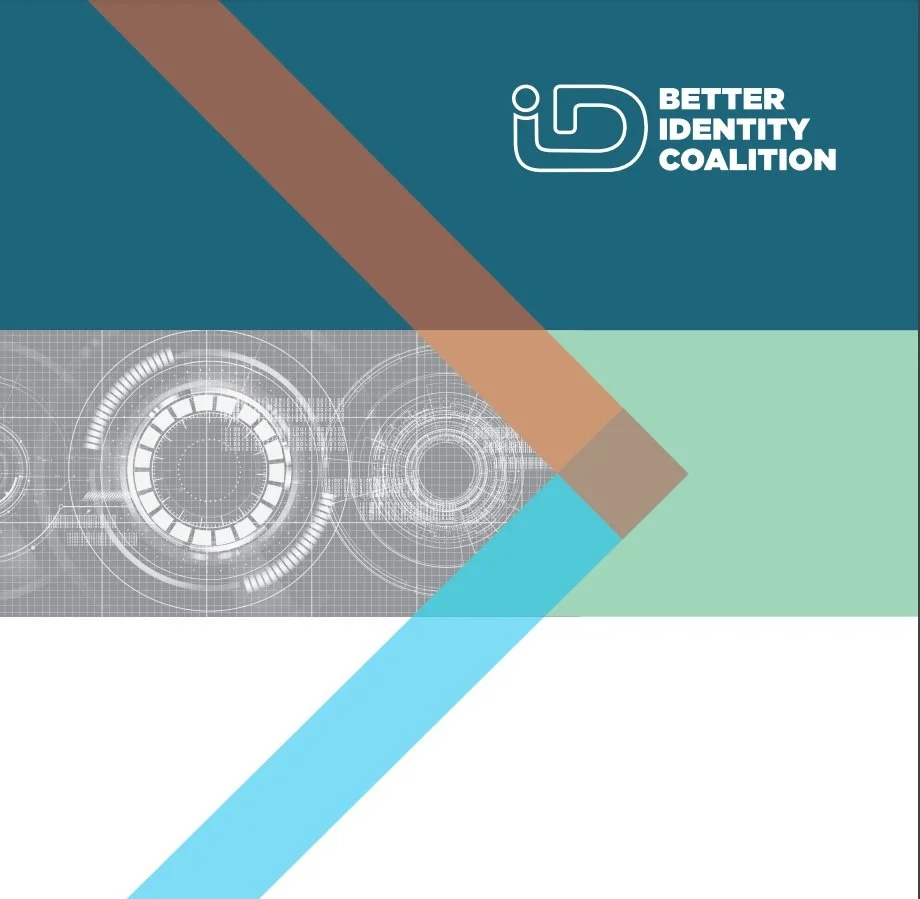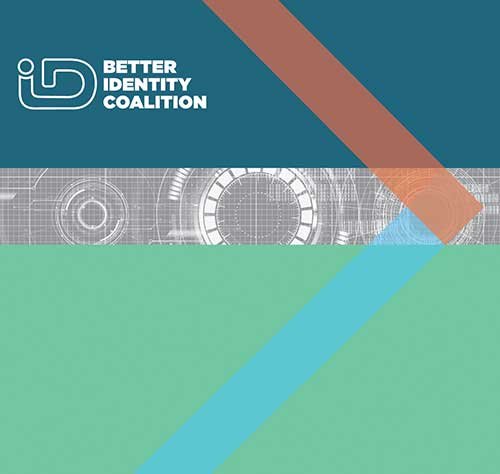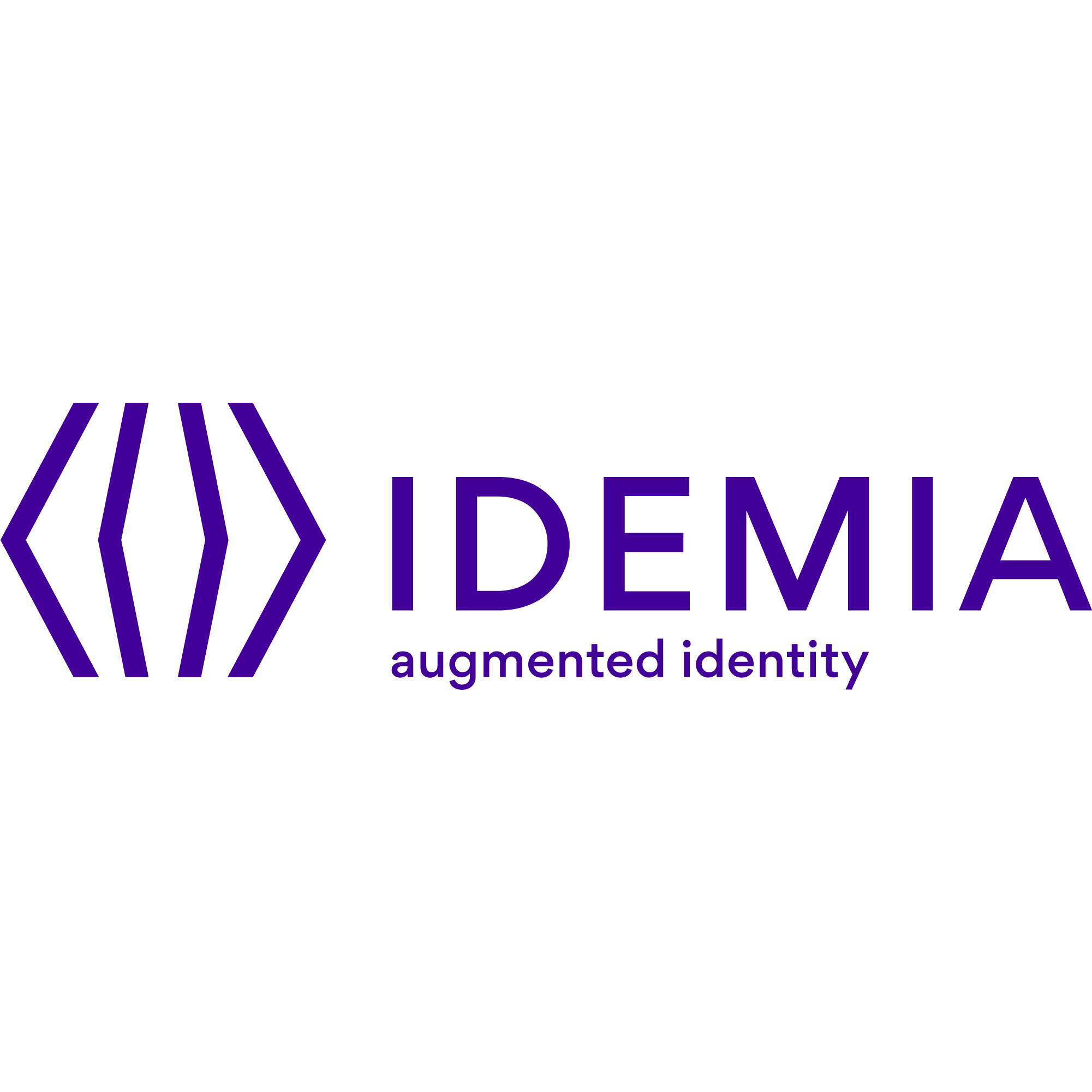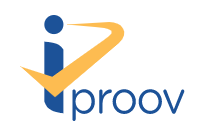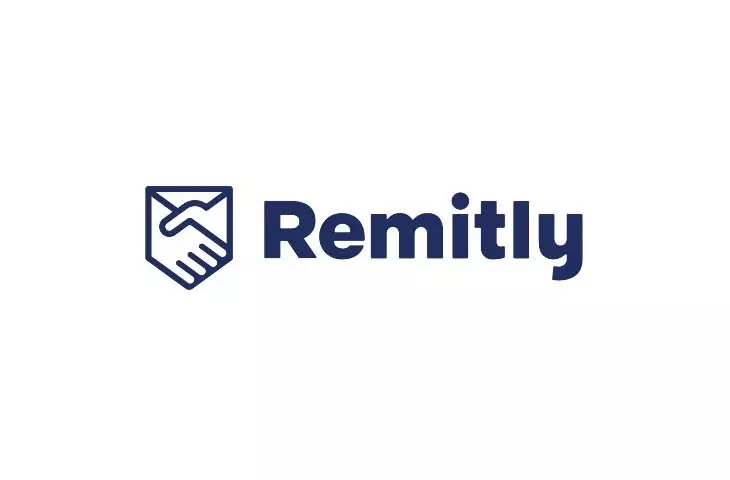From shopping to paying bills to updating DMV records, Americans are doing more and more online.
But the systems for verifying and protecting our identities online are outdated — and broken.
“Shared secrets” such as Social Security numbers and passwords are no longer, in fact, secret. In 2021 alone, nearly 42 million Americans fell victim to identity fraud. And at least half of all adults in the United States have had their Social Security number compromised.
We have created two Policy Blueprints – one focused on Federal policymakers and one for State government officials – focused on ways government can empower Americans to take control of their identities and conduct their online business safely and securely. Our original 2018 Blueprint focused on Federal policymakers was updated in 2024 to reflect progress made, as well as address new changes in the threat landscape.
About Us
The Better Identity Coalition is committed to working alongside policymakers to improve digital security, privacy and convenience for everyone. The coalition brings together leading companies to promote education and collaboration on protecting identities online.
Together, we’re seeking innovative ways to empower Americans to take control of their identities and conduct their online business safely and securely.
Launched in early 2018, the coalition is an initiative of the Center for Cybersecurity Policy and Law, a nonprofit dedicated to working with policymakers to advance cybersecurity initiatives.
WHAT IS DIGITAL IDENTITY?
Your driver’s license. Your passport. Your Social Security number. There are many different pieces of information that make up your identity in everyday life.
The same is true online. But while you can show your driver’s license to identify yourself at the bank, that’s less practical online. Physical documents don’t translate well to the digital world — and that makes it harder to do business digitally.
For years, we’ve tried to paper over the lack of trustworthy digital identity by relying on passwords and other “shared secrets.” But now attackers have caught up. Reliable digital identity has become much harder.
It’s time for better solutions that can protect your digital profile, make it easier to do business online, and prevent identity theft.
THE PATH FORWARD
In July 2018, the Better Identity Coalition released its policy recommendations for improving the privacy and security of digital identity solutions in Better Identity in America: A Blueprint for Policymakers. The guidance – focused on Federal policymakers – is not intended to solve every challenge in the identity space, but instead is focused on a handful of common-sense initiatives that are practical to implement and have meaningful impact.
The blueprint highlights five key initiatives, some with multiple components:
In December 2022, the Better Identity Coalition released a complementary set of policy recommendations for State government officials, entitled Better Identity in America: A Blueprint for State Policymakers. Like the original Blueprint, these recommendations are squarely focused on ways governments can improve the privacy and security of digital identity solutions.
The blueprint highlights six key initiatives, some with multiple components:
Place the DMV at the Center of State Digital Identity Solutions.
Establish attribute validation services at vital records bureaus to support next-generation, consumer-centric remote identity proofing and verification systems.
Embrace identity innovation for better services.
Make sure identity works for everybody.
Promote and prioritize strong authentication.
Do no harm.
Coalition Members
The founding members of the Better Identity Coalition represent leading companies across multiple sectors of the economy, including financial services, health care, technology, telecommunications, financial technologies (fintech), payments and security.
Leadership
Jeremy Grant, Coordinator
Jeremy Grant was the founding leader of the National Program Office for the National Strategy for Trusted Identities in Cyberspace and senior executive adviser for identity management at the National Institute of Standards and Technology. He led the White House’s initiative to catalyze a marketplace of secure, easy-to-use, privacy-enhancing identity solutions for online services through government and private sector partnerships. Grant is now managing director of technology business strategy for Venable.


